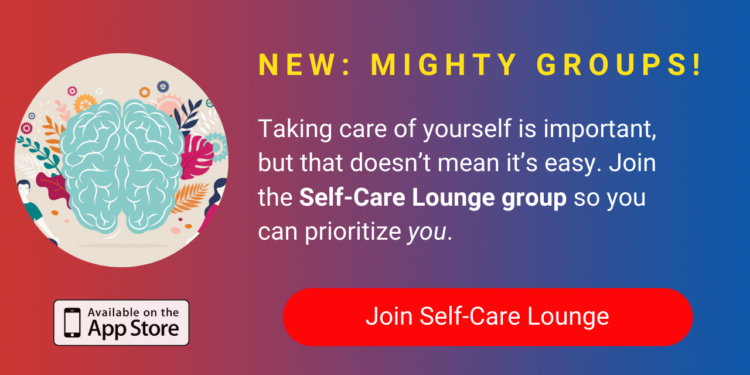Our society is well aware of well-worn pregnancy cliches, from eating for two to sleeping before the baby comes. There are also familiar scenes that have appeared in any numbers of popular shows and movies over the years: battling morning sickness, painting the baby’s room, odd food cravings, and (unfortunately) a magically quick labor, from water breaking to the choice words from mama during delivery to a super clean baby appearing in a matter of minutes.
Even in so-called “normal” times, there is so much missing from the sanitized and idealized pregnancy and delivery portrayed in popular media. In a pandemic, the bar for “normal anxiety” has been raised across the board. Worry is a natural part of pregnancy and the postpartum period, especially the first time around. Anxiety serves as a warning to our system that not all is as it should be. This red flag of anxiety shows up in thoughts, emotions and even in the body.
Intrusive thoughts, anxiety, worry and fear are common occurrences for mothers. The problem arises when they become so intrusive and dominant that you are unable to think of much else. With overall anxiety levels rising in the general population, the psychological wellbeing of mothers deserves increased attention.
A woman’s obstetrician, her baby’s pediatrician and other helping professions are on the front lines to recognize and offer support when the level of worry is impacting a mother’s ability to care for herself, her child or impacting her quality of life. Mental health practitioners can provide evidence-based support and a path to healing for mothers struggling with anxiety, depression or other mood disorders.
Scientific literature has connected the stress of mothers during pregnancy to a number of long-term outcomes for the child. The health risks associated with the virus present an understandable cause for stress. Reassuringly, despite an increased risk of infection in pregnant women, there is currently no evidence to show transmission of the COVID-19 virus from mother to child. Additionally, “COVID-19 infection does not seem to increase likelihood of need for obstetric intervention at birth, with healthy infants born vaginally to mothers with the infection” (Matvienko-Sikar, Meedya, & Ravaldi, 2020).
The mental health impact of prolonged anxiety and stress on pregnant and postpartum women should not be dismissed. Research studies are currently being conducted to understand the impact of the virus on the mental health of Italian women. Given existing research on the impact of other stressors such as natural disasters, it is likely that this pandemic will yield an increase in stress, anxiety, depressive symptoms, insomnia, denial, anger and fear for mothers.
A first step, which sometimes is not so easy, is helping mothers know that perinatal mood and anxiety disorders are common and very treatable. There is great pressure in our society on adhering to idealized standards of motherhood. We need to flip the script so that a strong mother prioritizes her own mental health alongside the health and wellness of the baby.
Great strides have been made in getting women the help they need by shining light on perinatal mood and anxiety disorders. They are common and treatable. A screening tool, the Edinburgh Depression Scale, for identifying Perinatal Mood and Anxiety Disorders, is available online (for more information see the National Perinatal Association).
If you are pregnant or a new mother struggling with feelings of fear, overwhelm, sadness or anxiety, help is available. Contact the Postpartum Support International Helpline for guidance: 1-800-944-4773.
If a woman you care about is pregnant or has a new baby, please consider the small ways you can help. Reach out to her frequently; schedule video chats or socially distanced meet-ups as appropriate. Don’t be offended if she doesn’t respond. Keep checking in. Let her know you are thinking of her through a note, a gift card, a pre-made meal or an offer to pick up groceries. If you are a mother, share your firsthand knowledge that motherhood is hard and she is not alone. Normalizing the very real struggle can help to lessen the weight and guilt with impossibly high expectations of motherhood.
Image via Photostockeditor


